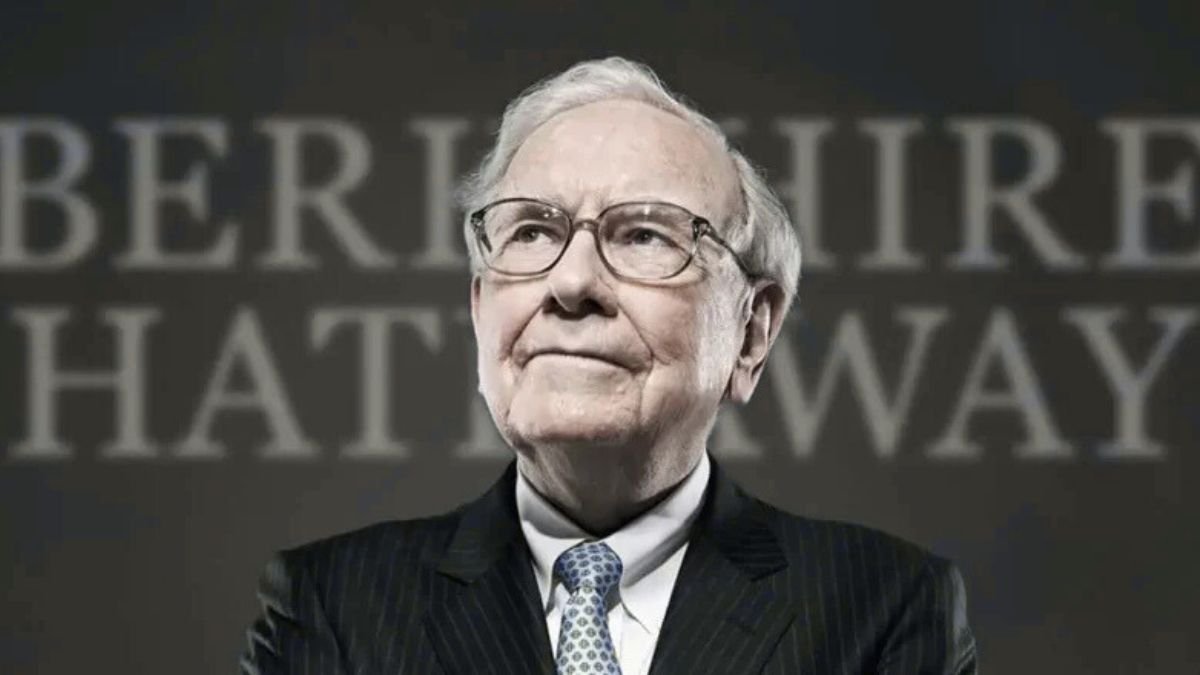Investing in Berkshire Hathaway: A Look at BRKa and an Alternative Path
As of early August 2025, investing $2,000 directly into Berkshire Hathaway's Class A stock (BRKa) is not feasible, as a single share recently traded for approximately $711,480. However, investors with a smaller capital outlay have an alternative route to owning a piece of the conglomerate through its Class B stock (BRKb), which trades at a much lower price point.

Recent Financial Performance
Berkshire Hathaway’s second-quarter 2025 earnings report presented a mixed financial picture. The company’s operating profit saw a 4% decline to $11.16 billion compared to the previous year. A more significant drop was seen in net earnings attributable to shareholders, which fell to $12.37 billion from $30.348 billion in the same period of 2024. This decrease was impacted by a $3.8 billion impairment charge related to its investment in Kraft Heinz.
Despite these declines, the company maintains a formidable cash reserve of roughly $344.1 billion. Performance across its diverse portfolio of businesses varied. While insurance underwriting earnings were down, income from insurance investments saw a slight increase. In contrast, the BNSF railroad and Berkshire Hathaway Energy divisions reported earnings growth. Notably, for the eleventh consecutive quarter, Berkshire Hathaway was a net seller of stocks and did not repurchase any of its own shares.
Analyst Outlook and a Leadership Transition
Wall Street analysts offer a range of perspectives on Berkshire Hathaway’s stock. Consensus ratings for the Class A shares lean towards a “Moderate Buy,” with a mix of “Buy” and “Hold” recommendations. Price targets for the next 12 months show significant divergence, with some analysts setting an average target around $542,540, well below its recent trading price, while others offer a higher average of $771,155.
A significant factor for investors to consider is the upcoming leadership transition. Warren Buffett, the celebrated head of Berkshire Hathaway, is expected to step down as CEO by the end of the year. His successor is slated to be Greg Abel, who is anticipated to bring a more hands-on and disciplined approach to capital allocation.
The Broader Market
The consideration of an investment in Berkshire Hathaway also comes at a time of high performance in the broader stock market, with the S&P 500 and Nasdaq-100 reaching new peaks. However, some market observers are cautious, noting that historically, August and September have been weaker months for the market, raising questions about a potential near-term correction.
Ultimately, the decision to invest in Berkshire Hathaway, likely through its more accessible Class B shares, depends on an individual’s financial goals and risk tolerance. The company’s strong cash position and the profitability of its core businesses are significant assets. However, the recent dip in earnings, the substantial impairment charge, and the impending change in leadership are crucial factors to weigh.





